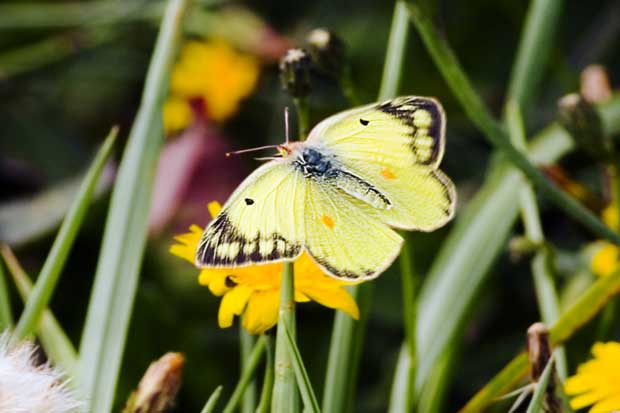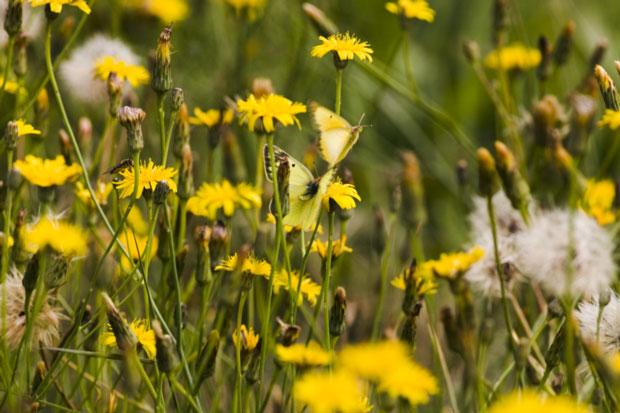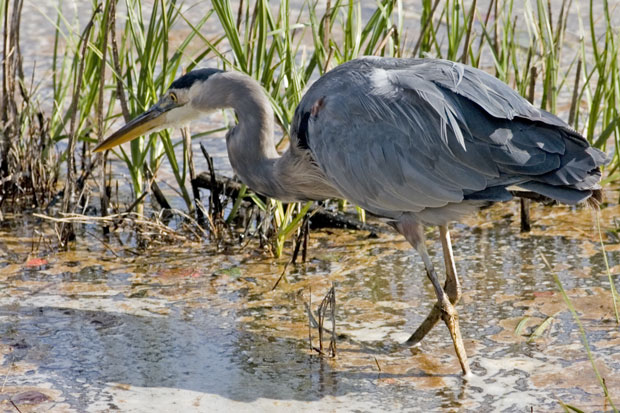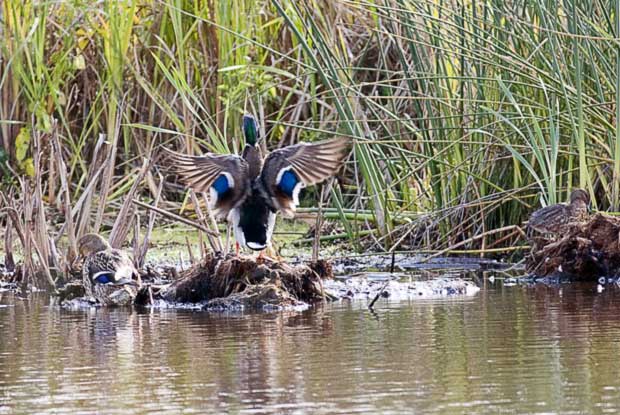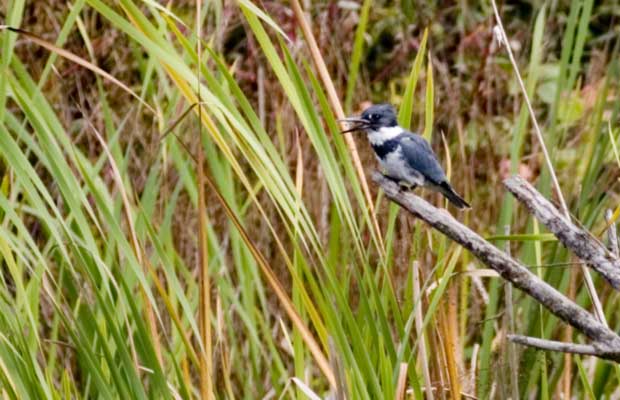According to Paul Lacey the second section of Denise Levertov Selected Poems is the section when “she is most overtly, but never exclusively, political in her writing, most torn by doubts about her poetic vision, given over to grief at loss of her sister and her mother and when her marriage ends.” Little wonder, then, that some of these poems tend to be depressing, convincingly so, in fact.
I think I’ve noted that I don’t particularly like anti-war poems and will continue to believe slogans like “Poets Against the War” are relatively meaningless until someone can actually produce a group of poets who are for the war. Poetry by its very nature seems opposed to all that war represents.
That said, I love Levertov’s,
Life at War
The disasters numb within us
caught in the chest, rolling
in the brain like pebbles. The feeling
resembles lumps of raw dough
weighing down a child’s stomach on baking day.
Or Rilke said it, ‘My heart . . .
Could I say of it, it overflows
with bitterness . . . but no, as though
its contents were simply balled into
formless lumps, thus
so I carry it about.’
The same war
continues.
We have breathed the grits of it in, all our lives,
our lungs are pocked with it,
the mucous membrane of our dreams
coated with it, the imagination
filmed over with the gray filth of it:
the knowledge that humankind,
delicate Man, whose flesh
responds to a caress, whose eyes
are flowers that perceive the stars,
whose music excels the music of birds,
whose laughter matches the laughter of dogs,
whose understanding manifests designs
fairer than the spider’s most intricate web,
still turns without surprise, with mere regret
to the scheduled breaking open of breasts whose milk
runs out over the entrails of still-alive babies,
transformation of witnessing eyes to pulp-fragments,
implosion of skinned penises into carcass-gulleys.
We are the humans, men who can make;
whose language imagines mercy,
lovingkindness; we have believed one another
mirrored forms of a God we felt as good—
who do these acts, who convince ourselves
it is necessary; these acts are done
to our own flesh; burned human flesh
is smelling in Viet Nam as I write.
Yes, this is the knowledge that jostles for space
in our bodies along with all we
go on knowing of joy, of love;
our nerve filaments twitch in its presence
day and night,
nothing we say has not the husky phlegm of it in the saying,
nothing we do has the quickness, the sureness,
the deep intelligence living at peace would have
.
which may well be the greatest anti-war poem ever written.
I suspect I would have to read an awful lot of poetry to find a truer statement of the effect that a lifetime of war has had upon me than this poem. Born after the beginning of World War II, most of my life has been spent during wars, including my own experiences in Vietnam.
The fourth stanza’s “gray film” reminds me of Roethke’s powerful poem “Dolor” where the similar lines “Dropping a fine film on nails and delicate eyebrows,/ Glazing the pale hair, the duplicate grey standard faces” appear. It’s hard to imagine who we might be if we hadn’t spent our lives living through war after war, constantly bombarded with the latest news and pictures of the worst degradation man can inflict on each other.
When I was in Vietnam, I used to wonder what sort of black magic had transported me from college where I read poetry and watched pretty girls walk across campus to a land where everyone wanted to kill me and the only girls I knew were prostitutes forced to sell their bodies to survive.
How can someone who truly “believed one another/mirrored forms of a God” justify such actions? If we are made in God’s image, does that make God as ruthless and uncaring as most of us were who were trapped in that nightmare?
Do boys’ voices become deeper when they become men precisely because “nothing we say has not the husky phlegm of it in the saying?”
If you’re really interested in exploring this poem in more depth, Modern American Poetry has twenty five pages of comments on this and related poems. I actually printed the whole section out, and once I’ve finished writing here will spend some time reading it.
